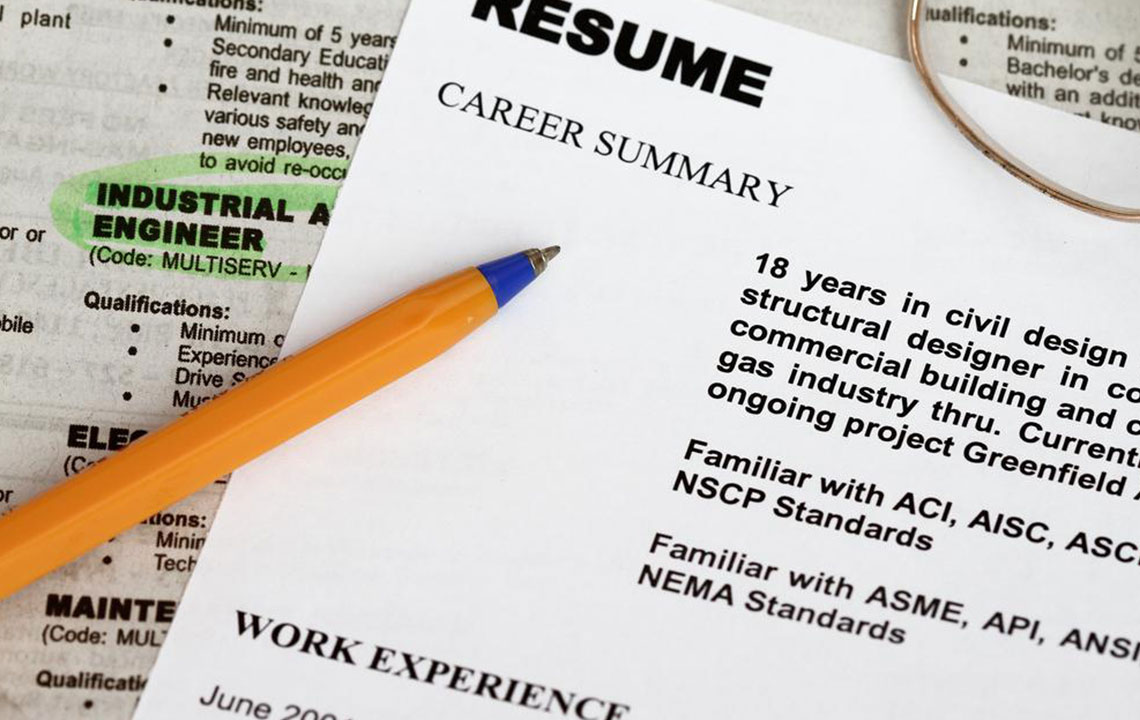Essential Guide to Food Handler Certification and Testing
This article explains the essentials of food handler certification, including testing procedures, training topics, and importance for food industry workers. It emphasizes the need for proper certification, preparation tips, and the renewal process to stay compliant with evolving food safety standards. Ideal for new and experienced food handlers, this guide ensures understanding of safety regulations and best practices for maintaining high hygiene standards in various foodservice roles.

Understanding Food Handler Certification and Required Tests
Anyone working in food service — including cooks, servers, and delivery staff — must complete a food handler certification. This exam evaluates their knowledge of safe food handling practices, proper storage, sanitation, and contamination prevention. Passing this test ensures the individual understands essential safety standards necessary to prevent foodborne illnesses.
Who Needs a Food Handler Certification?
After successfully passing the exam, individuals receive a certification licensed by the ANSI National Accreditation Board (ANAB). While federal mandates are absent, many local health departments and employers consider this certification a requirement for employment, especially in roles involving food preparation or service.
Although not federally mandated, obtaining this certification is highly recommended. Many local authorities require it, and employers often ask for proof before hiring. Positions such as line cooks, servers, runners, or staff at grocery stores and cafeterias typically need this credential to work legally.
Is Prior Training Required Before Taking the Exam?
Completing a training course before attempting the test is advisable. Both online and offline options are available, with online courses being convenient for busy schedules. However, it's essential to verify local requirements beforehand, especially if working in a regulated area or under specific certification periods mandated by local health authorities.
What Topics Are Covered in Food Handler Training?
Training courses address key aspects such as food safety importance, how contamination occurs, employee hygiene, proper food storage, cross-contamination prevention, cooking practices, temperature control, cleaning, sanitizing, and pest management.
Tips for Passing the Certification Exams
Most exams consist of practical and theoretical components. Prepare by practicing sample questions available online, taking multiple practice tests, and seeking guidance from experienced industry colleagues or online forums. The more familiar you become with the test format, the more confident you'll feel on exam day.
Timing for Certification Exam
New food industry employees should take the test before beginning their roles requiring certification. The certificate generally remains valid for three years, allowing for job changes within that period without retaking the test. Once expired, re-certification is necessary to stay compliant.
Why Repeating the Test Is Important
Food safety regulations evolve, with updates issued biennially by the FDA. Regular re-examination ensures handlers are aware of the latest standards. Keeping certifications current helps maintain safety and industry compliance.
Note:
This article offers valuable insights into food handler testing and certification. While the information is based on comprehensive research, readers should verify local requirements and regulations, as rules may vary. The site cannot guarantee the accuracy of all details or the availability of specific programs. Use this guide as a starting point for understanding your responsibilities and certification process.










